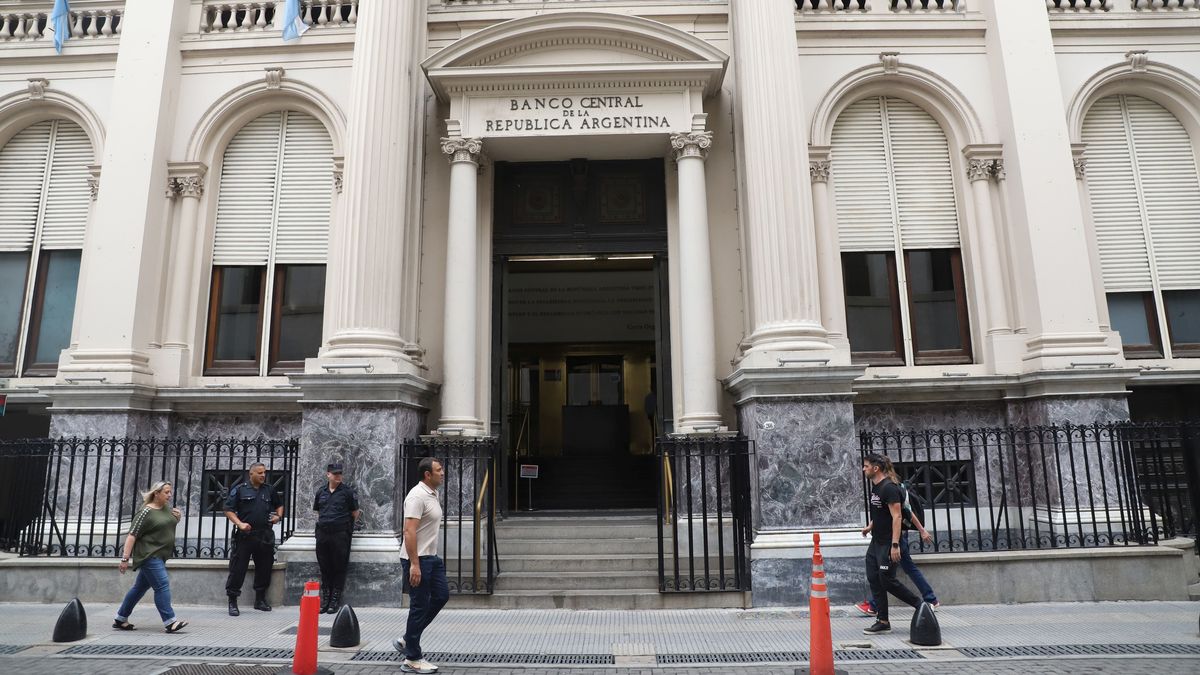The Government may not use reserves to continue with the program debt buyback and it must look for alternative mechanisms for its financing.
On the other hand, it will have to advance in the implementation of alternatives that compensate the additional expense originated in the Social Security Moratorium Law.
This was established in the new guidelines that the The Ministry of Economy agreed with the technical staff of the IMF, which include the recalibration of reserve goals due to the effect of the drought.
The new parameters will be known when the Executive Board of the organization approves the document that has already been endorsed by the technical staff in the coming weeks.
Regarding reservations, Economy sources indicated that a very significant adjustment will be made in the first quarter, as a consequence of the effects of the drought and the noticeable decrease in foreign currency settlement by agriculture.
In this way, the goal for March is reduced by 3,000 million dollars and the annual one by 2,000 million of the US currency.
Along these lines, they ensured that “The commitment was not to use reserves to intervene in parallel markets, since the idea is to preserve them.”
dollar-savings-investments-finances-reserves
Depositphotos
In addition, they indicated that the IMF document included a clause to continue monitoring the impact of external effects.
Likewise, they highlighted that the Pension Payment Plan Law required new projections to be made, since it was not foreseen in the original goals.
In this regard, the IMF pointed out the importance of being fair, aimed at the most vulnerable and without overflowing spending and assured that this additional spending must be compensated with other alternatives.
Besidesthe Fund’s proposal regarding energy rates is related to the contradiction that arises from the fact that the popular sectors finance the rates with taxes on the sectors with higher incomes. In this sense, the agency requested that the rate segmentation be accelerated.
“There are people who should have the subsidy, but did not register in the RASE. This is why a campaign was started for people to register until mid-April,” they said.
In relation to the financing policy, they stressed that “The objective data is that the financial system lent the Argentine public sector 17,000 million dollars”.
In the report agreed with the IMF, it was also argued that tougher policies can be implemented to maintain the target, but “protecting the rate of investment in social assistance, the knowledge economy and infrastructure established in the original agreement”, they highlighted from the Treasury Palace.
Source: Ambito




